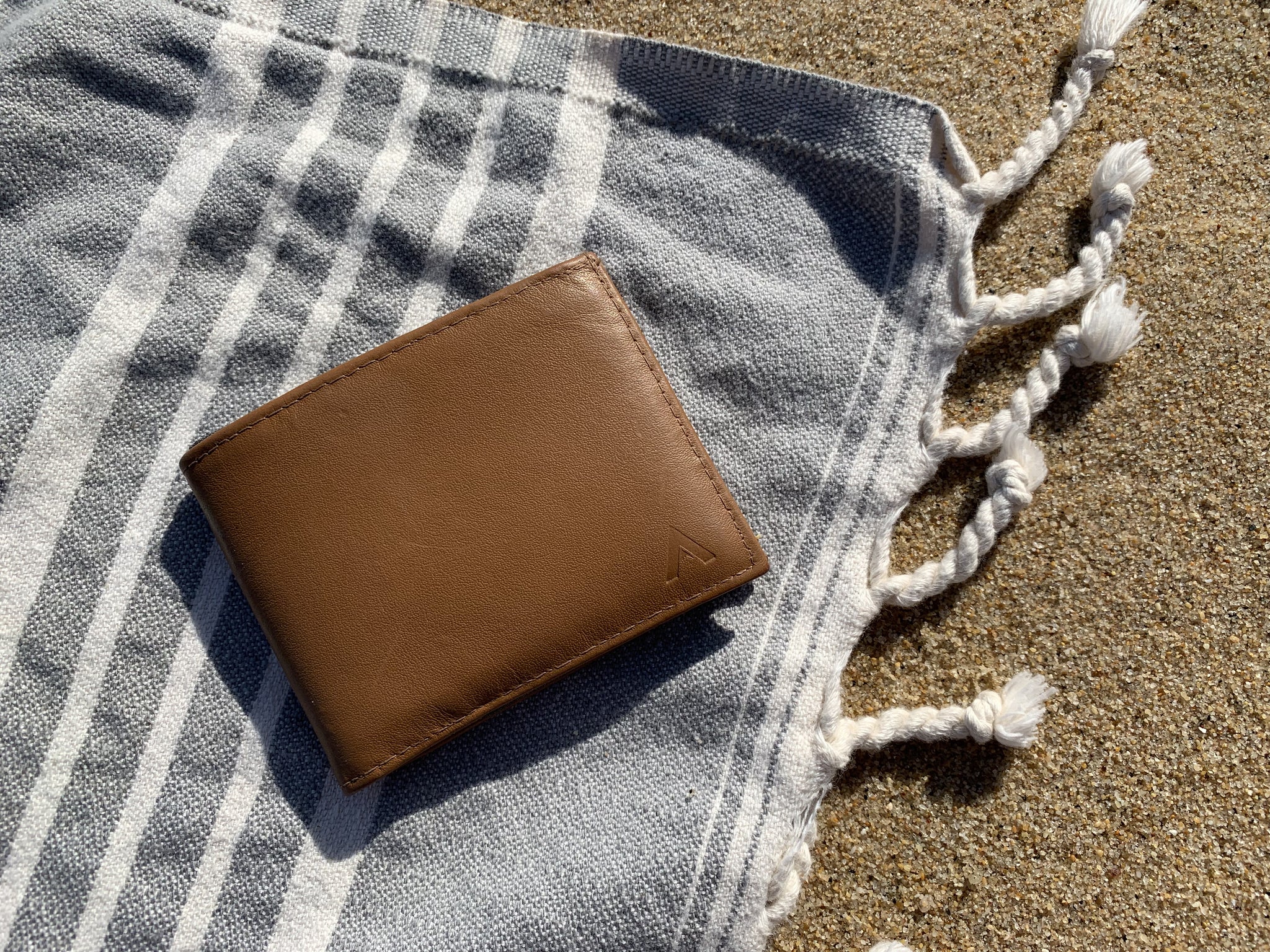
Places to Look if You Have Lost Your Wallet
Losing anything you need can be stressful. Losing your wallet is often even more so. Wallets contain so many important items that losing them – even in your own house – can feel immediately stressful.
Luckily, it’s likely you will be able to locate your wallet if you look. Most of the time it’s going to be somewhere easily accessible. You can always look in your home first, in common places such as:
- The pants you wore the day before.
- The inside or outside jacket pocket.
- Near where your laptop is, or couch, or wherever you may have made an online purchase.
You may find it next to your night stand, on a table, or near where you put your laundry (if it fell out of your pants). If you use a purse or bag, it’s likely in one of them, and you just need to look underneath your gum a bit more. You may want to check in the couch cushions as well, in case it got pushed in.
Those are the easy places to look. If it’s in your home, at least you know you should be able to find it eventually.
But what if it’s NOT inside of your home?
That’s when things become a bit more complicated.

How to Find Your Missing Wallet
There’s an old, extremely unhelpful saying: “It’s Always in the Last Place You Look.” Well, that’s true, because you’re not going to keep looking after you’ve found it. But let’s also try to make sure that we’re starting our search in the places it is most likely to be.
First, what are your habits with your wallet? Do you take tend to put it down when you pay for things or is it rarely out of your hand and pocket? If it’s the latter, then check places that you may have sat, because it’s possible that the wallet fell from your pants.
- Check your car.
- Check with any restaurants or movie theaters you were at recently.
- Check with any bus or public transport lost and found.
If you are someone that puts your wallet down here and there, then start with the most recent place you charged your card (for example, at the bar or retail shop). Look at your most recent charges (a good practice anyway if you’ve lost your wallet) and start there. Try to backtrack. Obviously, it is unlikely that you paid for any items *after* you lost your wallet, so the last place you charged a card or bought something in cash is likely to be where you used it last.
Come equipped with as many details as you can as well. “I’m worried I lost my wallet there can you check?” is less likely to get a response than “I bought a shirt from Chelsea in the women’s section and when I got home I couldn’t find my wallet. Can you check with Chelsea or see if it ended up in the lost and found?” The specifics will be more likely to get a positive response.
The Good News: Most People Are Good
One thing to note about missing wallets, however, is that most people are generally good and do not have any need to steal your wallet or keep it. So, while you can never be certain that your wallet will end up in a place that is easily accessible, if you are able to retrace your steps, you should be able to locate it. You can also put a small “if found, please call” note inside of the wallet so that, if you ever do lose it, a good Samaritan might be able to return it to you.
Still, there are going to be situations where your wallet is not found or not returned. If that happens, cancel your cards right away, notify your bank(s), and watch for any unexpected charges. Often, most of the things in your wallet are replaceable. In fact, even if you suspect you’ll be able to find your wallet, consider whether or not it is worth cancelling your cards anyway. You never know who may have handled your wallet, and – even if you get your wallet back – who may have copied the cards.
So, unless you have reason to keep your cards in good standing (for example, a recent large purchase you need to make right away), you can cancel your cards any time you lose your wallet while out, but still try to get your wallet back so that you can get your wallet, cash, ID, and anything else that you may still need.




Leave a comment
This site is protected by hCaptcha and the hCaptcha Privacy Policy and Terms of Service apply.